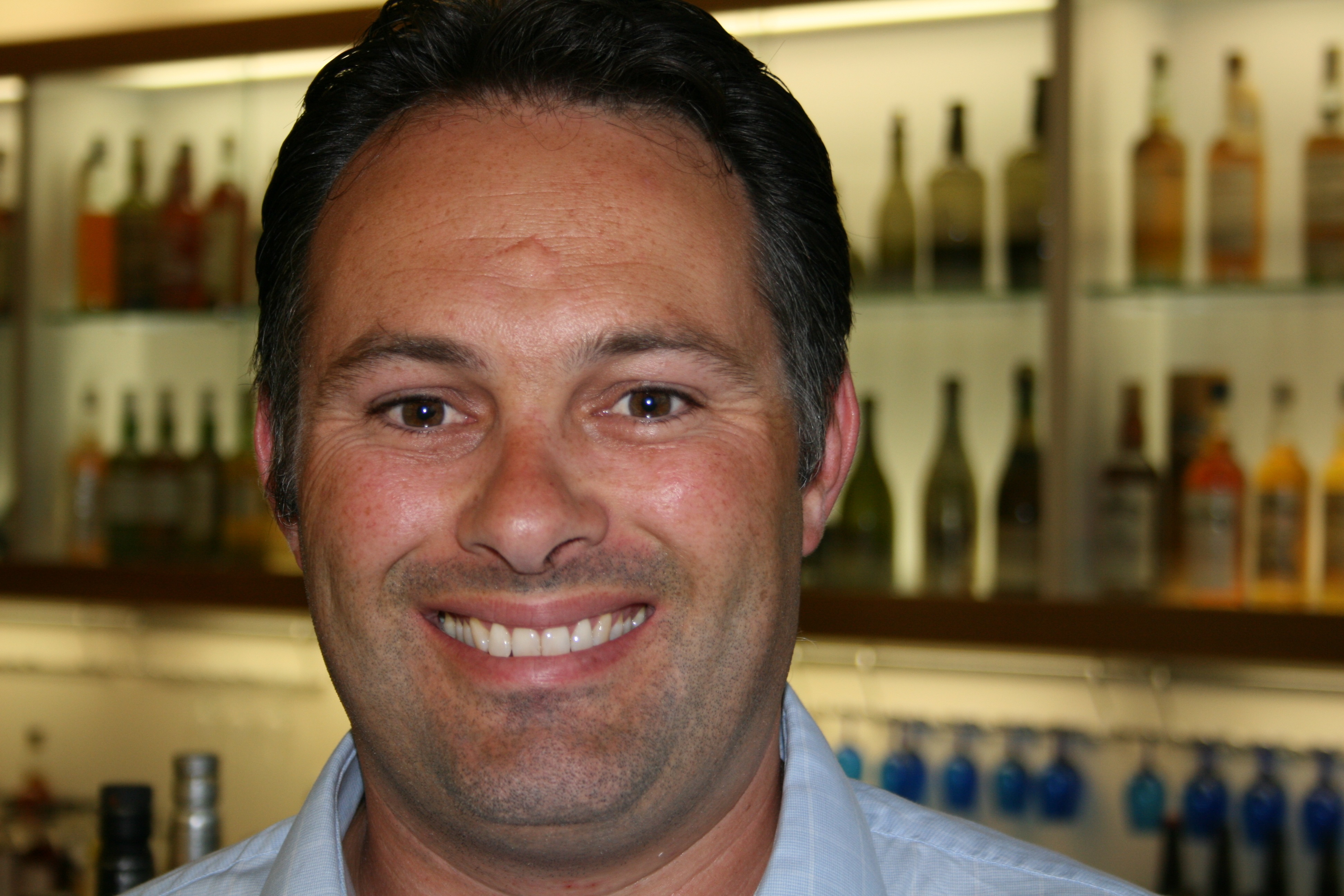Blog
BLOG: Whisky – the liquid gold opportunity

David Robertson of The Whisky Trading Company offers some essential tips for investors.
To anyone living in Scotland, whisky is more than a drink. Not only for cultural reasons, but for economic reasons too. According to the most recent data, Scotch whisky accounts for £4.2bn of UK GDP and provides over 10,000 jobs to some of Scotland’s remotest areas. Over the next four years, the industry is expecting at least £2bn worth of new investment.
The main thrust of this new investment stems from the global demand for the drink. The emerging markets of Russia, China, India and Brazil, with their burgeoning middle classes, see whisky as their drink of choice and their thirst for Scotland’s liquid gold is creating a serious opportunity to invest.
What makes whisky particularly significant is that unlike the traditional investment example of fine wine, whisky does not perish and turn to vinegar in the bottle, so in terms of drinking, the product is just as good as the day you bought it. In terms of investment, it’s probably worth even more.
For example, my personal favourite, a Macallan 1979 Gran Reserva, first retailed in the UK for £65 in 1997 and now fetches around £1,000 per bottle at auction. This is no anomaly.
According to Whisky Highland, an independent valuation company, the UK whisky auction market was worth around £400k in 2008 and is expected to surpass £11m in 2020. Over 14,000 bottles were sold alone in 2012, worth £3m. The nature of whisky as a product means that demand for the rarer and premium bottles is leading to prices spiking.
It’s all very well me telling you this, but does this represent an opportunity for anybody who is interested?
The answer is most certainly yes. It is true that there are serious investors who are able and willing to spend thousands and on occasions over £100,000 on the most desired whiskies, but this doesn’t mean there is no value to be gained from spending less than £100.
Firstly, don’t go into this blindly and think that in 10 to 20 years’ time a bottle you picked at random – especially from the UK grocers – will be worth a fortune. Have a look online or speak to an expert. You only have to visit a specialist whisky shop who will give you a straightforward answer on what’s good and what’s not. The Whisky Shop have stores in most major UK cities and can certainly assist and have a great online presence with their “W Club”.
Whiskies from certain years are finite. Therefore there are a limited amount of bottles in circulation. What savvy investors understand is that bottles from highly respected and iconic distilleries that produce fantastic whiskies, are more sought after and therefore in bigger demand.
Investors also look for limited edition bottles or those from the so-called ‘silent stills’. They are distilleries that have closed and cannot create any more products. The likes of Brora or Port Ellen now have a cult status among drinkers and collectors and are fuelling a growth in the secondary auction market.
Naturally, we cannot determine what will happen in the future markets. If that was the case I probably would have bought all the bottles before you! Yet, it is worth knowing that with some knowledge and research, there is value and opportunity in what is not only a liquid gold drink, but a liquid gold opportunity too.
David Robertson is a former master distiller at The Macallan and Highland Park. He is now a director at The Whisky Trading Company.